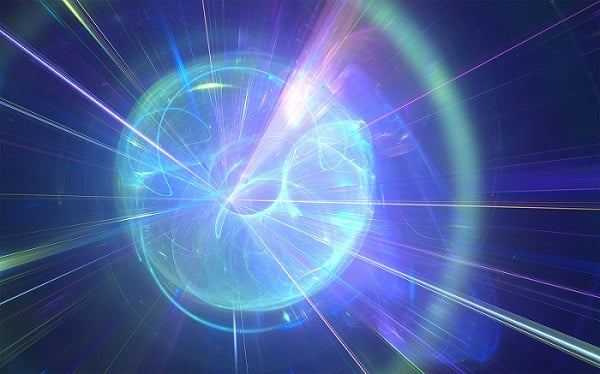
Fraunhofer ILT Takes Lead on PriFUSIO Fusion Energy Project
The PriFUSIO research project, led by the Fraunhofer Institute for Laser Technology ILT (Fraunhofer ILT), aims to develop key technologies for climate-neutral fusion power plants. The initiative, now underway, brings together fusion startups, medium sized companies, and large corporations, as well as Laser Zentrum Hannover and the Fraunhofer Institute for Applied Optics and Precision Engineering IOF (Fraunhofer IOF). The project will focus on principles for targeted component development and explore practical photonic approaches for the commercial utilization of laser-driven inertial fusion energy (IFE).
The Federal Ministry of Education and Research (Germany) has allocated €18 million ($19.2 million) for the project over the next three years as part of the “Fusion 2040 – Research towards the fusion power plant” funding program. The German government will invest up to €5 billion ($6.1 billion) in this program.
“We want to build a fusion ecosystem of industry, start-ups, and R&D that pools existing strengths and creates synergies between the various players,” said Bettina Stark-Watzinger, Germany’s Federal Minister of Education and Research.

The PriFUSIO project will bring together public research institutions, startups, medium-sized businesses, and large corporations in a collaborative effort to tackle fundamental challenges in inertial fusion energy. Courtesy of Fraunhofer ILT.
PriFUSIO will primarily research fundamental questions on how to develop the next generation of high-power lasers suitable for power plants; lasers that compress the millimeter-sized fuel pellets and ignite fusion at temperatures of over 100 million ºC. On one hand, this means that laser beams must be generated and manipulated at high energy levels and with unprecedented power. On the other, resulting plasma must be controlled completely in order to harness the fusion energy released. The power required places extremely high demands on the materials, the engineering, and the highly complex optical system.
The consortium includes Focused Energy GmbH and Marvel Fusion GmbH, two startups headquartered in Germany that are working on different technological paths towards the commercial use of IFE technology. Both are formulating requirements for the necessary high-power lasers from which the Fraunhofer ILT and IOF are deriving the specific research and development required to implement these specifications.
Leading suppliers of optical glass and coating materials Schott AG and the Heraeus Group are also participating, as are processing and optical components coating companies LAYERTEC GmbH and LASEROPTIK GmbH. TRUMPF Laser AG will also contribute its expertise in the field of complex high-power lasers.
According to Hans-Dieter Hoffmann, head of the lasers and optical systems department at Fraunhofer ILT, a technical challenge in IFE power plants is the use of large-area optical elements whose optical properties must remain stable despite operating with high energies and high average power. Although the absorption of the laser energy — and therefore the heating of the optics — can be minimized through the material properties and coatings, heat must be dissipated efficiently. It is also important to reduce costs by developing efficient machining and coating processes.
“If we succeed in meeting these stringent requirements, PriFUSIO will also result in synergies for industrial lasers that go beyond the application in IFE technology,” Hoffmann said.
/Buyers_Guide/TRUMPF_SE_Co_KG/c15241
/Buyers_Guide/LAYERTEC_GmbH/c8309
/Buyers_Guide/LASEROPTIK_GmbH/c8218
/Buyers_Guide/SCHOTT_AG/c13194
/Buyers_Guide/Excelitas_Noblelight_GmbH/c6022